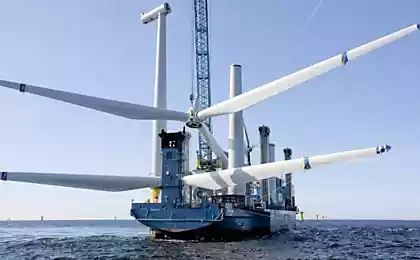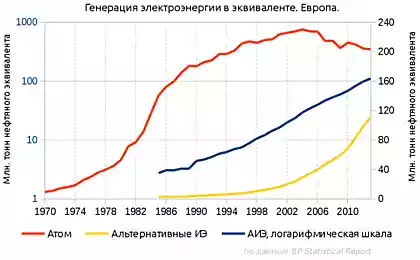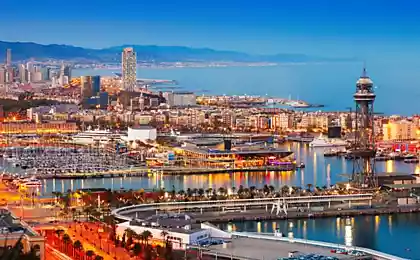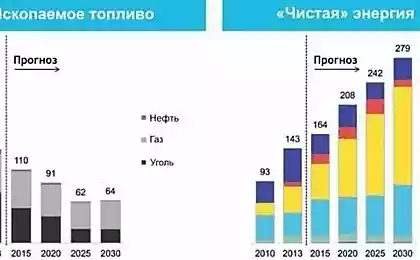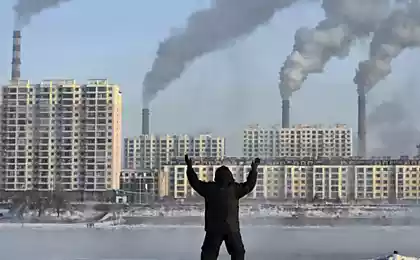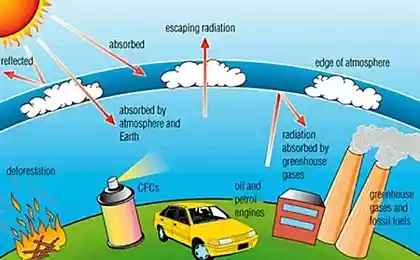593
The era of fossil fuels coming to an end

In the capital of Peru ended climate conference under the UN auspices. The rejection of fossil fuels and transition to renewable energy first became a subject of real debate on these negotiations. Climate scientists continue to insist that mankind must forever abandon the use of coal, oil and gas. However, world leaders gathered in Lima for the two-week meeting again failed to agree on the transition to a wholly renewable energy. "The government simply postponed the decision of serious problems in the long box, – said the head of the international climate programme of Greenpeace's Martin Kaiser. The time goes by, and the decision must be made before the world plunged into climate chaos." A complete rejection of CO2 emissions by 2050, supported by nearly 50 countries
At a meeting in Lima adopted a draft agreement, which will be discussed next year in Paris at the international conference on climate change. The success of the Paris agreement next year depends on what decisions will the policy now, when they return home from Peru. "In the beginning of next year the government must go ahead and explain to us how they will reduce CO2 emissions, support vulnerable countries and to invest in renewable energy by 2025", – said M. Kaiser.
However, from Lima came good news. Complete abandonment of fossil fuels was not just "green dream", but a matter of serious discussions at this climate conference. A complete rejection of CO2 emissions by 2050, supported by nearly 50 countries, including Norway, Chile, Panama, Peru, Cuba and others. "If the meeting in Paris next year all countries will agree to move to alternative energy, it can cause rapid failure from dirty and unsafe energy from coal, oil and gas. When this decision is made, investors can bet on renewable energy, and they will not lose," said Kaiser.
The Russian delegation is the rejection of CO2 emissions by 2050 is not supported. Russian investors and the government, unfortunately, still live in the past and are investing huge sums in the development of new oil and gas fields, including in the Arctic. The President and Prime Minister for almost a decade suggests that the country needs to move away from oil dependence, which is dangerous for the economy. But the role of hydrocarbons in the country's economy year after year only increases. Now, when oil prices plummeted and the ruble along with them, the risk becomes obvious to all.
Investments in traditional energy are becoming less profitable and more risky. This is an important signal for the entire industry: the future for green energy and energy efficient technologies. Alternative energy is new jobs, high-tech, safe energy and economy, focused on the domestic market.
Source: www.greenpeace.org/russia/ru/news/2014/15-12-climate/
Who is your child the leader, the star, the observer
Potato juice is a natural way to lose weight and become younger

